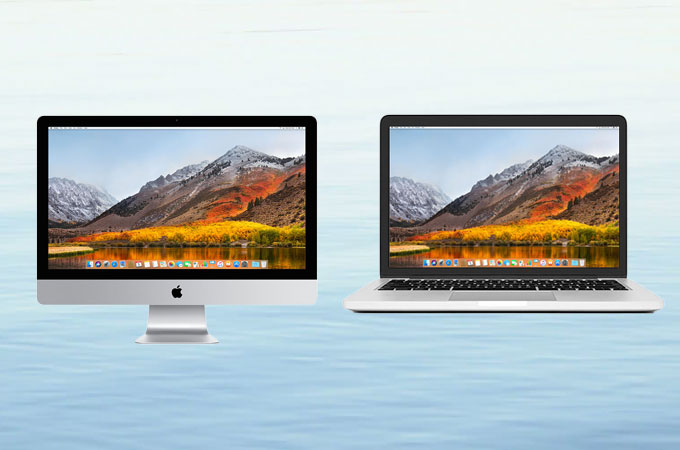

- HOW TO DO SCREEN MIRRORING FROM MACBOOK PRO LAPTOP BLUETOOTH
- HOW TO DO SCREEN MIRRORING FROM MACBOOK PRO LAPTOP MAC
- HOW TO DO SCREEN MIRRORING FROM MACBOOK PRO LAPTOP WINDOWS
In your external monitor's settings, depending on the type of monitor you have, you may have other options you can customize, under the Options tab. To exit clamshell mode, put your computer to sleep, then disconnect the external monitor from your Mac's display port.
HOW TO DO SCREEN MIRRORING FROM MACBOOK PRO LAPTOP BLUETOOTH
For those of you with Snow Leopard or older, you'll have to press a key or click a mouse button to see the desktop.įor a keyboard and mouse connected via Bluetooth, it's the exact same thing, except you need to verify the devices are paired properly, and you need to make sure "Allow Bluetooth devices to wake this computer" is checked by going to System Preferences -> Bluetooth -> Advanced. If you're running OS X Lion or later, your desktop should automatically appear on the monitor after flashing blue for a second.
HOW TO DO SCREEN MIRRORING FROM MACBOOK PRO LAPTOP MAC
If using a wired keyboard and mouse, make sure they're connected, then simply close the lid on your Mac notebook. In order to do this, your Mac notebook will need to be connected to its power adapter, and you'll need an external keyboard and mouse (or trackpad). If you don't want an extended desktop, and don't want to mirror your displays, then you probably just want a bigger screen for your computer. This should make your external display function properly.
HOW TO DO SCREEN MIRRORING FROM MACBOOK PRO LAPTOP WINDOWS
If you see Gather Windows instead, hold down the Option key to make it change to Detect Displays, then click on it. If for some reason your monitor isn't recognized by your MacBook model, open up System Preferences, and in the Displays settings pane, click on Detect Displays. You can change its desktop background in System Preferences -> Desktop & Screen Saver, if you want a different look. Your Mac should automatically detect the additional monitor, and it will act as an extended desktop to your primary one (AKA your Mac's screen). Simply connect your computer to your external display with the proper cable/s (and adapters, if necessary) and make sure the monitor is powered on.

Whether you are connecting your external monitor to your Mac notebook using HDMI, Mini DisplayPort, Thunderbolt, DVI, Mini-DVI, or Micro-DVI, the process is exactly the same.

On Mac mini, you can connect a second display to the HDMI port.On iMac, connect your display to either of the ports with the Thunderbolt symbol. On iMac, Mac mini, MacBook Air, and 13-inch MacBook Pro, you can connect one external display using either of the Thunderbolt / USB 4 ports.You can connect up to two external displays to your Mac using the Thunderbolt 4 (USB-C) and HDMI ports.On Mac Studio, you can connect up to five external displays to your Mac using the Thunderbolt 4 (USB-C) and HDMI ports on the back of the computer.On MacBook Pro, you can connect up to four external displays to your Mac using the Thunderbolt 4 (USB-C) and HDMI ports.You can connect up to five external displays to your Mac using the Thunderbolt 4 (USB-C) and HDMI ports on the front and back of the computer.If you're using a Mac Studio with M1 Ultra: To find out which chip your Mac has, choose Apple menu > About This Mac. On Mac computers with Apple silicon, you can connect up to 5 displays depending on the chip in your Mac.


 0 kommentar(er)
0 kommentar(er)
